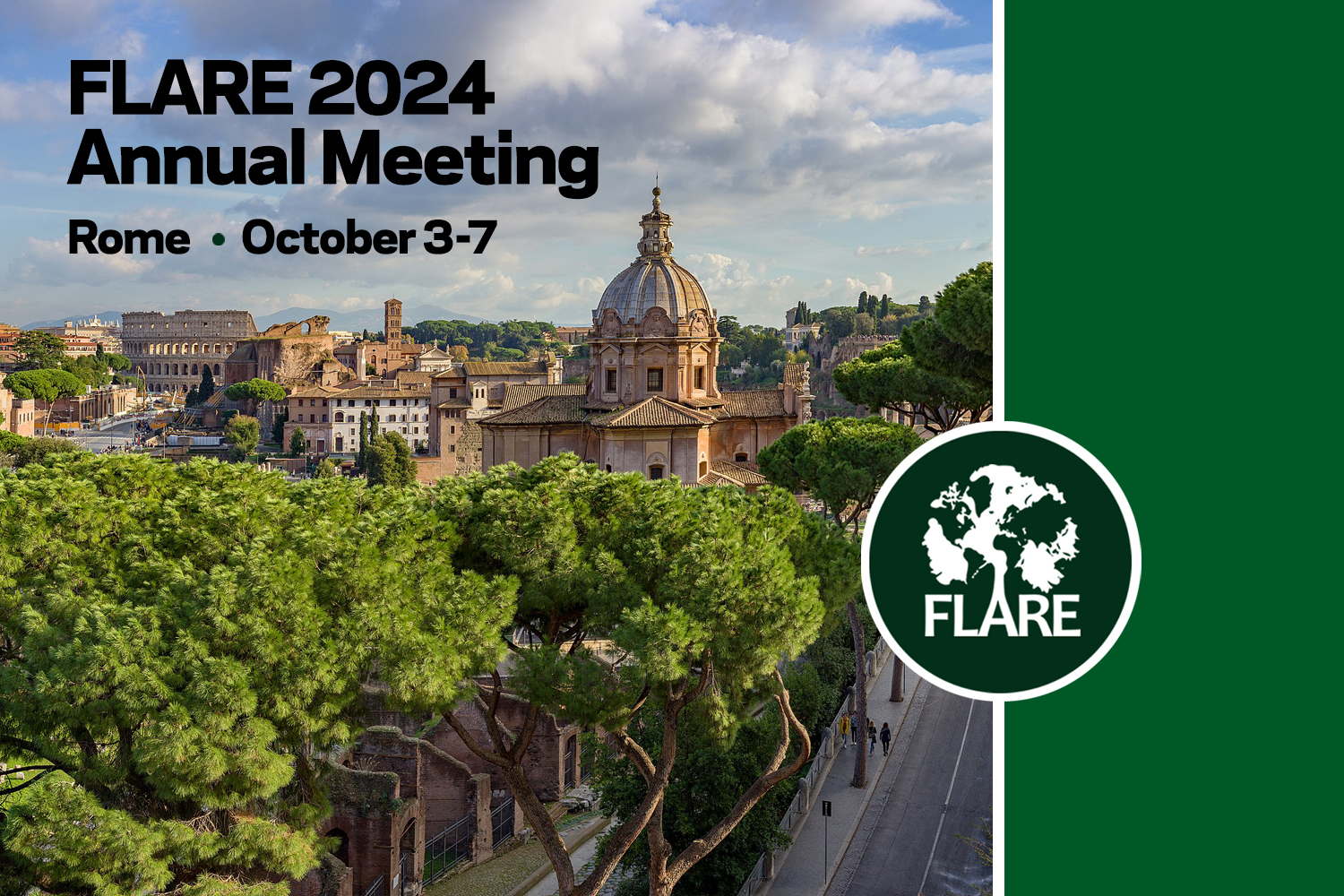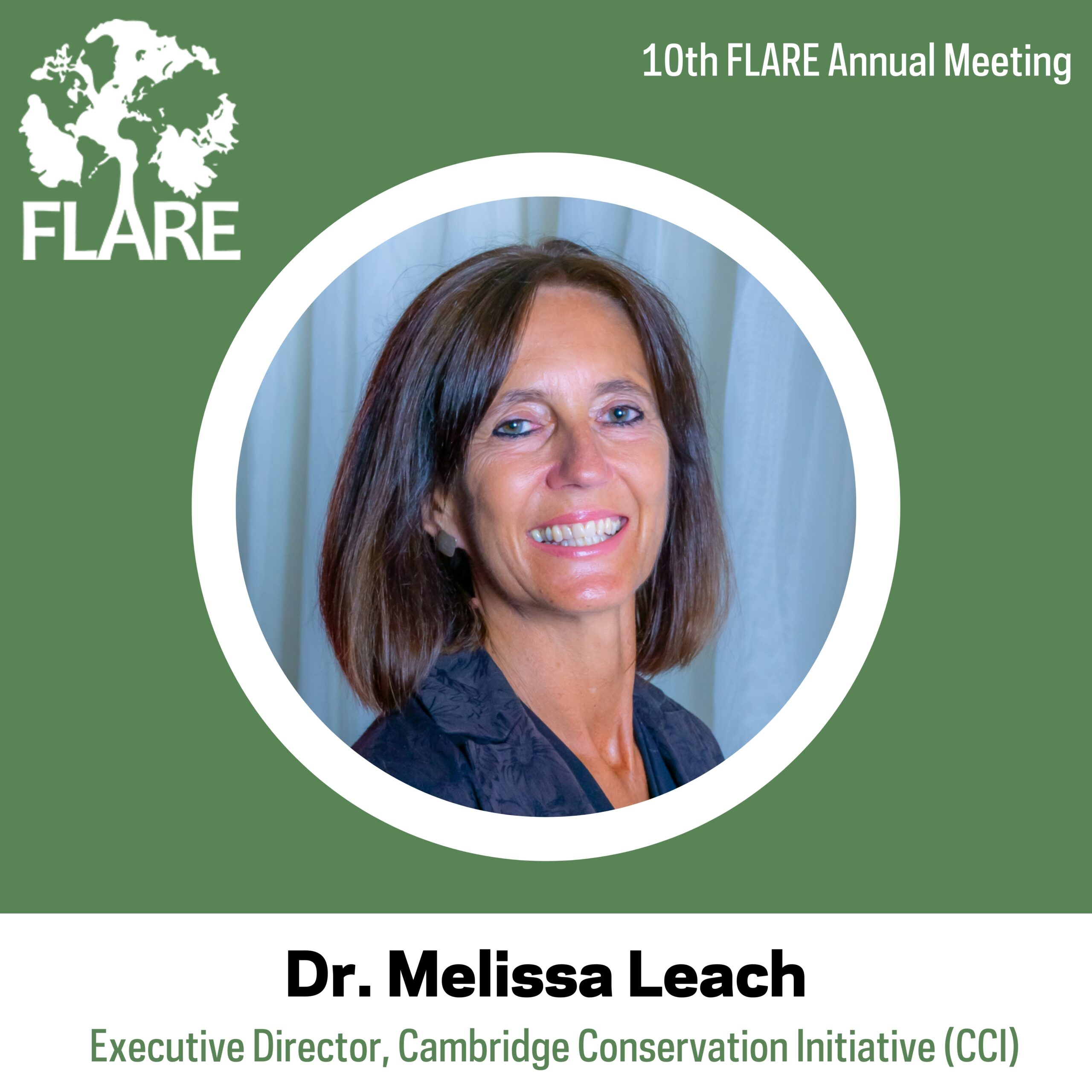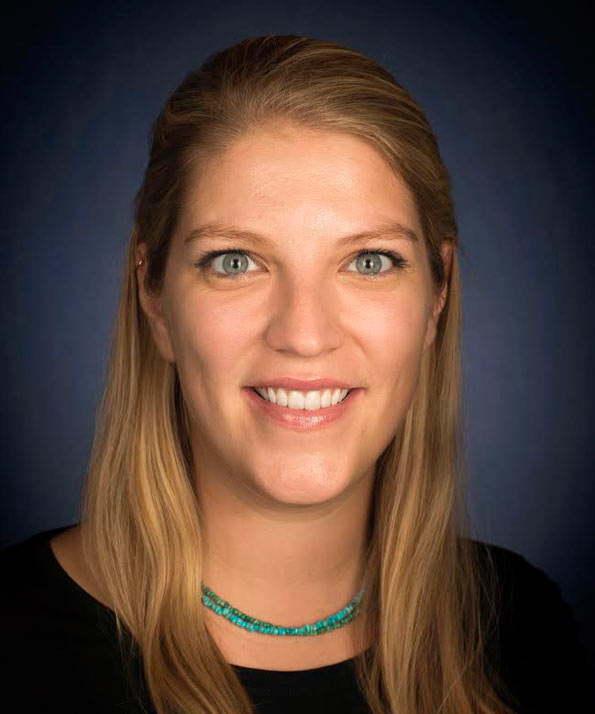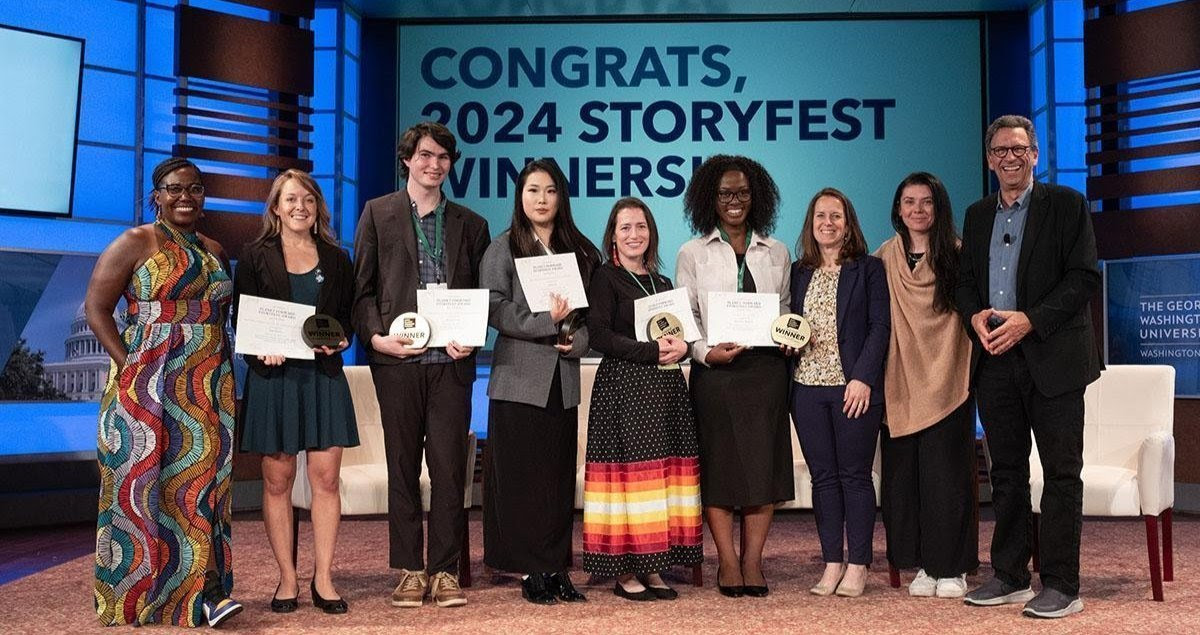
The FLARE Flyer
Vol. 1, Issue 2
May 16, 2024

Photo by Wolfgang Moroder, licensed under Creative Commons CC-BY 2.5.
Preparations for the 2024 FLARE Annual Meeting in October are well under way! We are thrilled to gather again at the Auditorium Antonianum and the University of Notre Dame Rome Global Gateway to celebrate FLARE’s 10th Anniversary. We felt the enthusiasm with more than 320 abstracts submitted and we anticipate an exciting mix of early career researchers, practitioners, policymakers and senior researchers. Abstract notifications have been sent via Oxford Abstracts, so if you did not receive an email, please contact flare@nd.edu.
Early bird registration for the Annual Meeting opened May 1 and will run through June 1, 2024. Register now to confirm your spot! You can register here.
If you need a letter to process your visa application, you can request it through the registration process, or contact FLARE directly at flare@nd.edu.
Professor Melissa Leach to provide Keynote |

Well-known scholar and policy leader Professor Melissa Leach will give a keynote address at the 2024 FLARE Annual Meeting. She will share her research and reflections from her new position as Executive Director of the Cambridge Conservation Initiative (CCI), a role she begins after a decade as Director of the Institute of Development Studies (IDS). Professor Leach is recognized globally as an interdisciplinary, engaged research champion and has led international, policy-engaged programs and consortia across the fields of environment and sustainability, food systems, health, and social and gender equity. Her work has brought new understandings of the interplay of peoples lived experiences and local knowledge with power, particularly in West Africa, but also through collaborations across Africa, South Asia, China and beyond. We are thrilled for this opportunity to hear from and engage with Professor Leach.
Stay tuned for more announcements on Keynote speakers, plenary events and innovative sessions at FLARE 2024.
FLARE Secretariat Updates |
An Evaluation of FLARE at 10 |

The FLARE Network was founded in 2015 to advance knowledge at the intersection of forests and livelihoods across the globe through research and facilitate its application to policy and practice. Our work focuses on developing individual capabilities and connecting professionals related to forests and livelihoods worldwide, promoting new collaborations, knowledge, and innovation. What impact has FLARE had over these last 10 years? We seek to answer this question through a multi-faceted evaluation that centers on learning from you! We will soon invite all members who have attended at least one Annual Meeting to respond to a short online survey to help us understand the impacts of FLARE activities on research, policy, and member professional development.
In addition to helping FLARE better understand its impact and improve future programming, those who complete the survey will be eligible for a raffle to win a free registration pass to this year's Annual Meeting in Rome, where we will share our findings.
FLARE-Supported Special Issues Special Issues (SIs) of peer-reviewed journals represent one the key ways FLARE seeks to advance research and debate about contemporary forest and livelihoods issues around the world. At their best, SIs are more than just a collection of papers – they amplify discussion and evidence on key topics and catalyze new thinking, methods, and action. FLARE is pleased to be supporting multiple special issues and we invite your contributions. We are always interested in ideas for future SIs as well.
|

In this issue, we highlight Dr. Jennifer Zavaleta Cheek’s work on qualitative attribution methods for causal inference. She led a research paper on qualitative methods for measuring impacts that was published in Conservation Biology and featured in a lively webinar for the Impact Evaluation Working Group of the Society of Conservation Biology. This work provides a guide to five qualitative attribution methods that provide insights on how and under what conditions interventions improve biodiversity outcomes. These methods can be used on their own or to complement findings from experimental and quasi-experimental methods. Researchers and practitioners alike can benefit from this guide, as the authors thoroughly explain and illustrate the methods’ application through a case study, aiming to increase the understanding of why an intervention works (or not), the mechanisms in place, and the influencing contextual factors.
Jennifer is a longstanding FLARE member, having done her PhD at the University of Michigan in the School for Environment and Sustainability (SEAS) with FLARE founder Arun Agrawal, followed by a postdoctoral position with current FLARE coordinator Daniel Miller. She is now an Assistant Professor at South Dakota State University. Learn more about her here.
Award Highlight |

A "FLARE" for storytelling: Congratulations to Beverly Ndifoin (pictured fourth from right) on a job well done! Credit: Planet Forward
Beverly Ndifoin, FLARE Graduate Research Assistant and Social Media Coordinator, won the 2024 Planet Forward Storyfest “Spotlight” award for environmental journalism. She received the award this spring at the Planet Forward 10th Annual Summit at the George Washington University in Washington, DC. This award comes with a sponsored environmental storytelling expedition with Lindblad Expeditions to Iceland later this year. Her winning story Namé Recycling: Combining revenue, jobs, and sustainability sheds light on how one company in Cameroon is avoiding deforestation by producing palettes from repurposed plastics. Congratulations, Beverly! |
Opportunities
Conferences
National Sustainability Society - Seattle, Washington, September 9-12, 2024
This first national conference will showcase work that advances sustainability innovation, closes the implementation gap, and supports workforce development at all levels. The NSS brings together academics, students, and practitioners within the field of sustainability to build consensus on the key principles, competencies, capacities, frameworks, and substance of sustainability as both a scholarly realm and as a rapidly expanding field of practice across the private, public, and nonprofit sectors.
Registration opens on May 23rd
Grants Scaling up locally led restoration: Reversing Environmental Degradation in Africa and Asia (REDAA) Program REDAA invites proposals for locally led, multi-locational, research-to-action for restoration programmes in sub-Saharan Africa, South Asia and Southeast Asia. In this second REDAA Grant Call, up to nine Programme Grants of between £1,000,000 and £1,500,000 (GBP) will be offered to the best proposals for substantial programmes. Concept notes due June 30, 2024
|
Call for Content: Fall 2024 - FLARE FLYER |